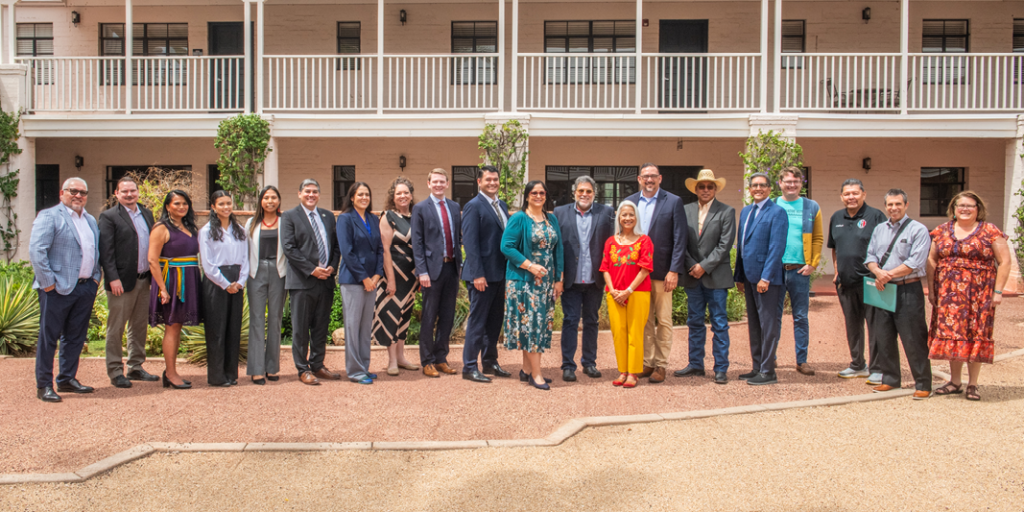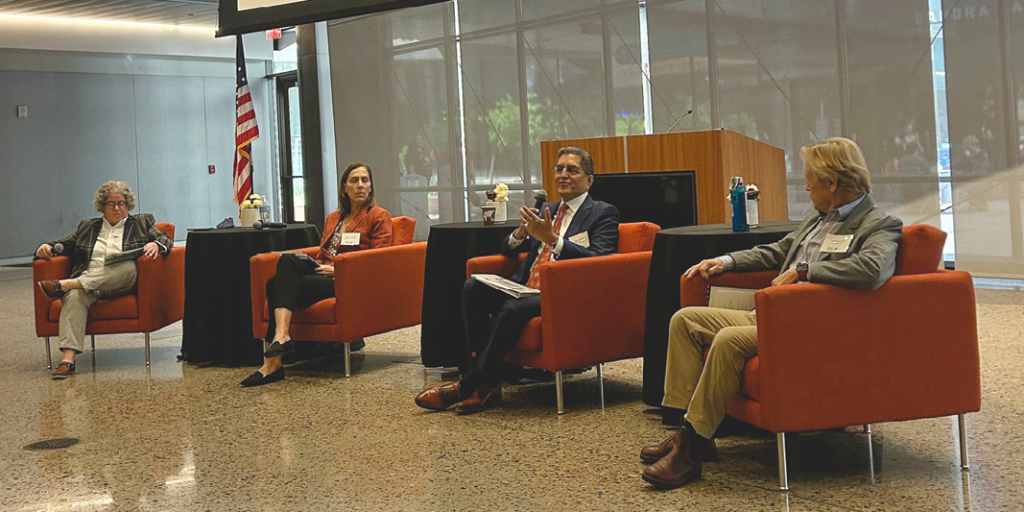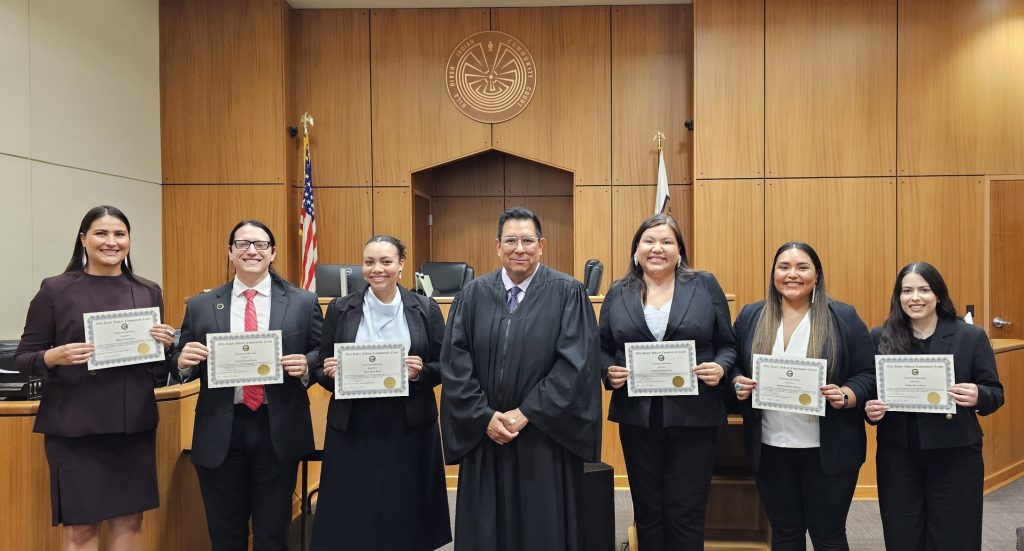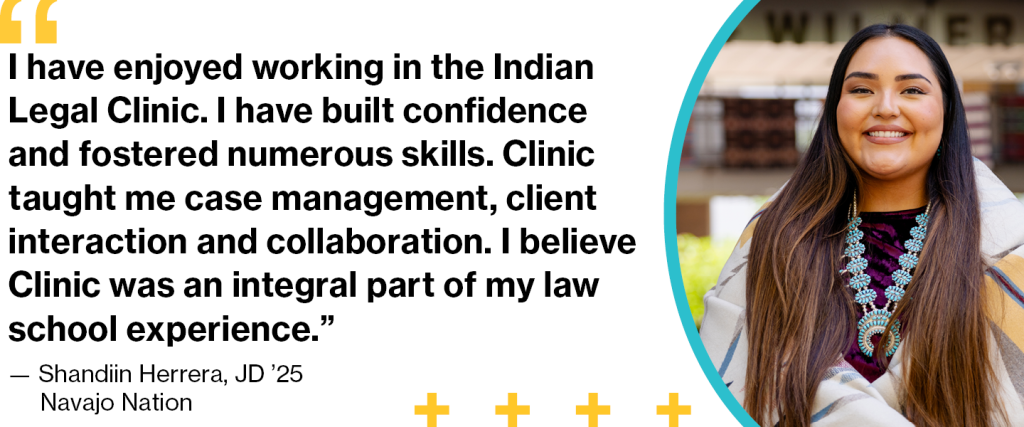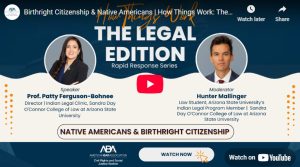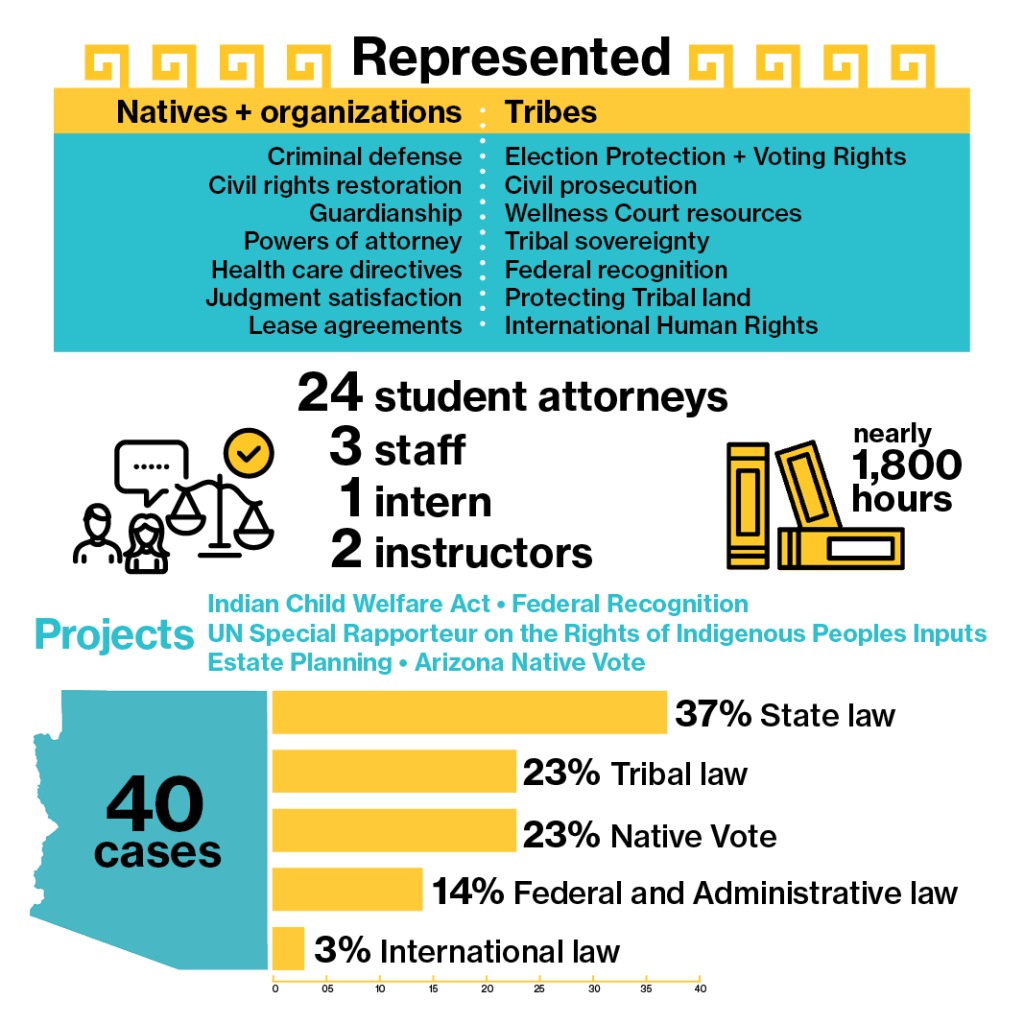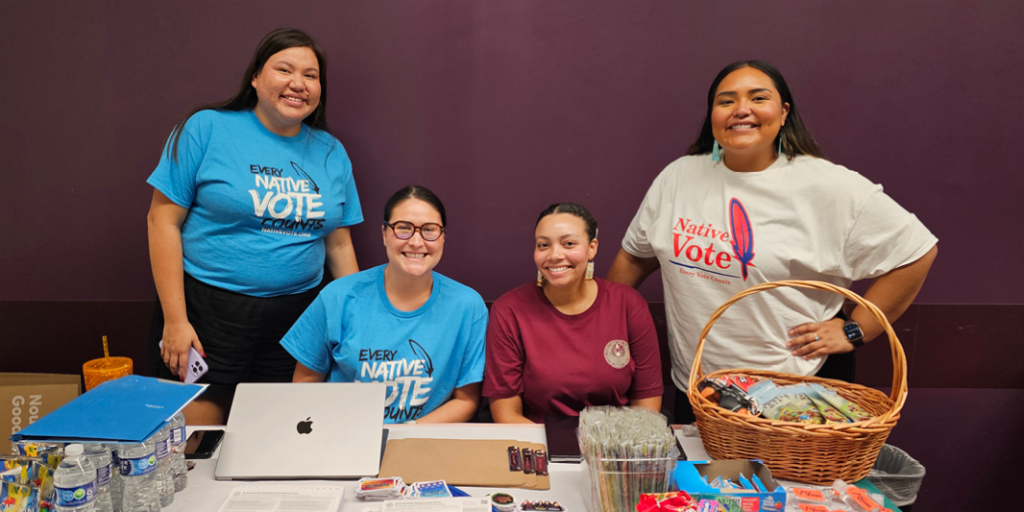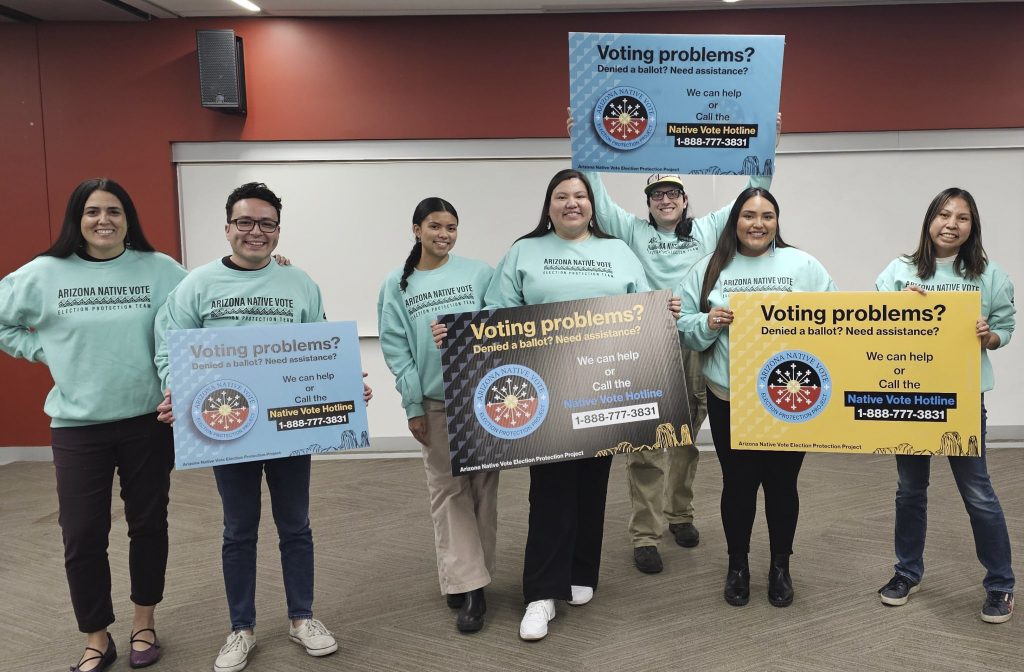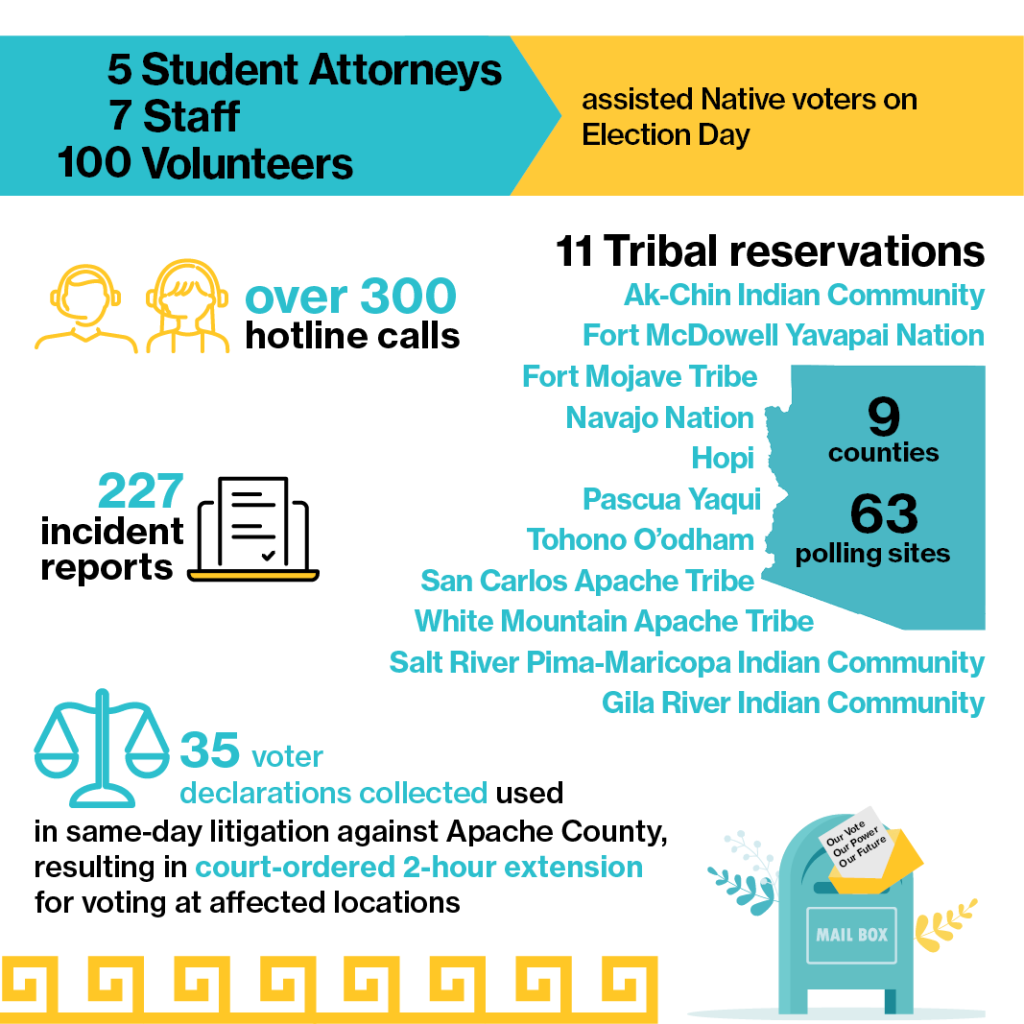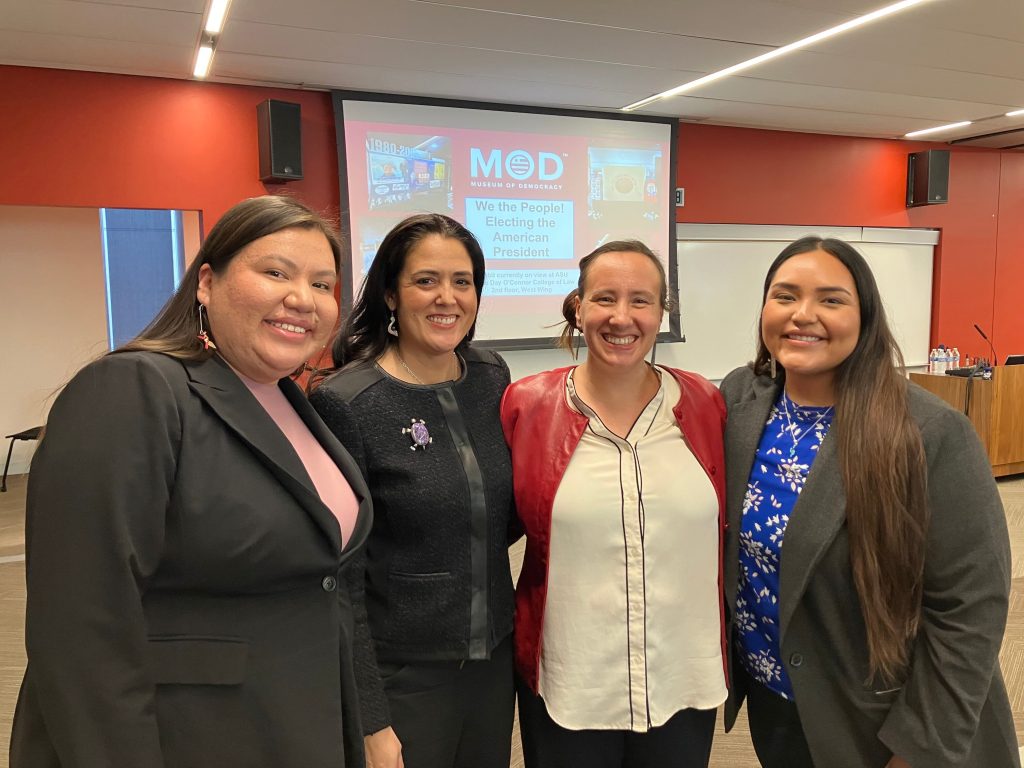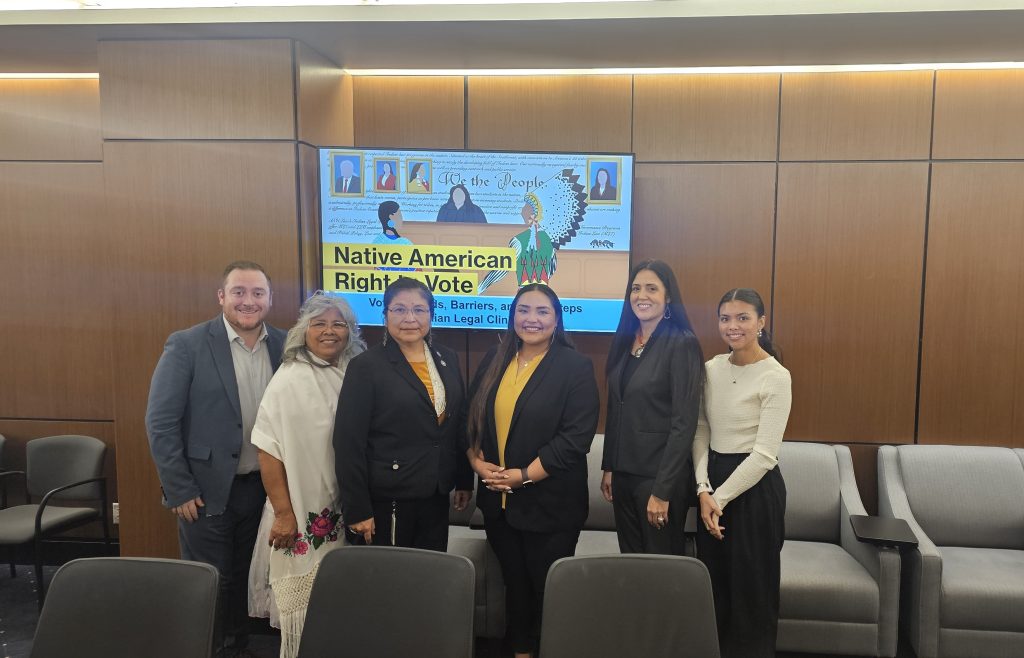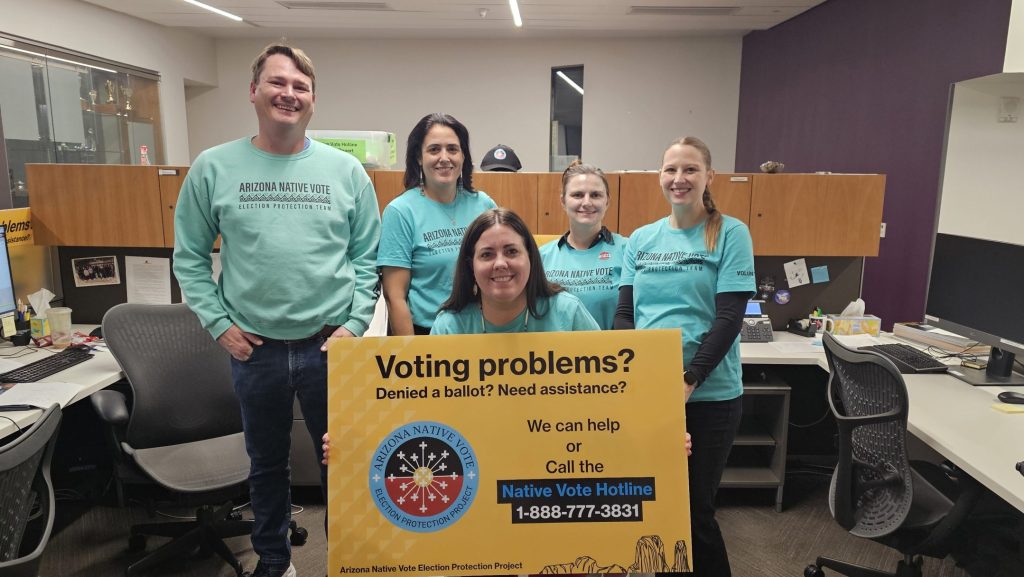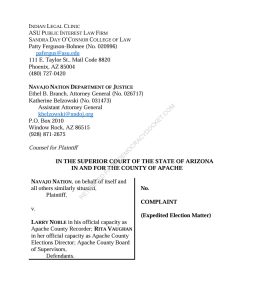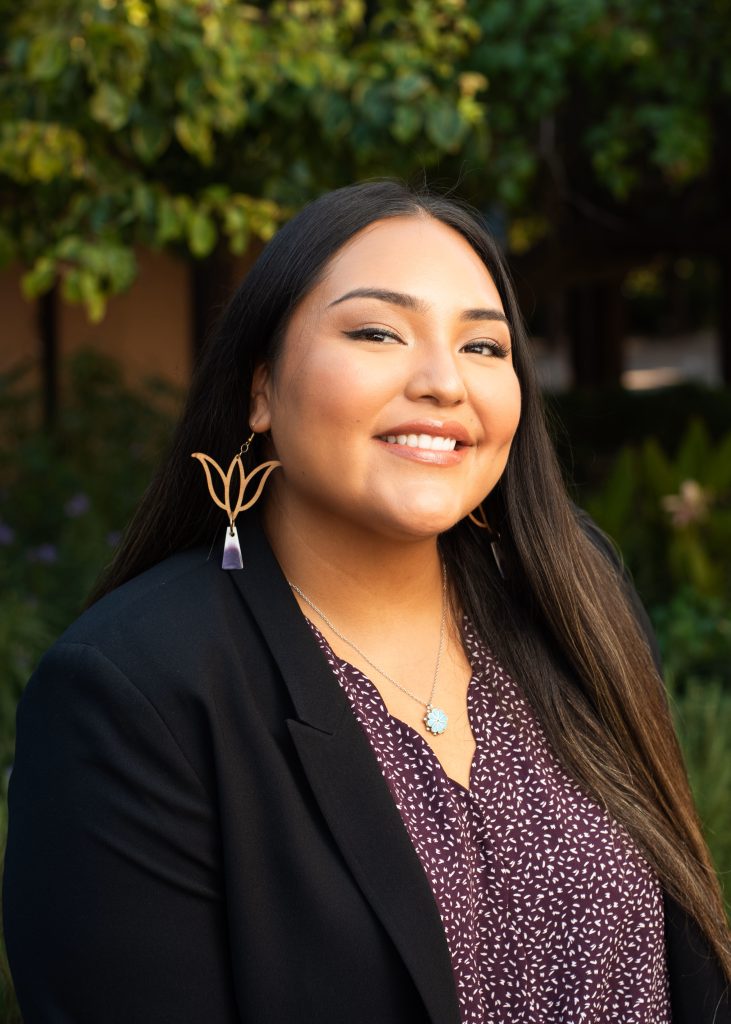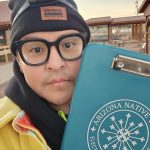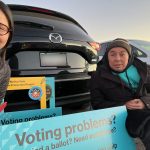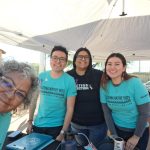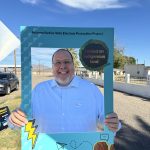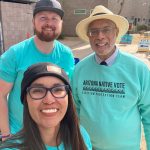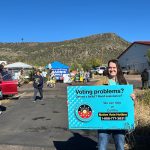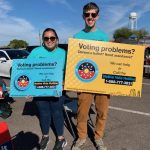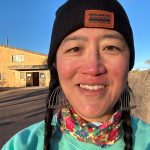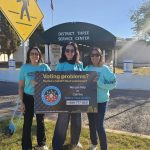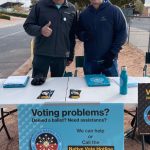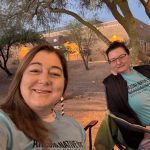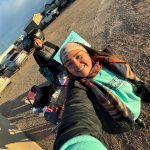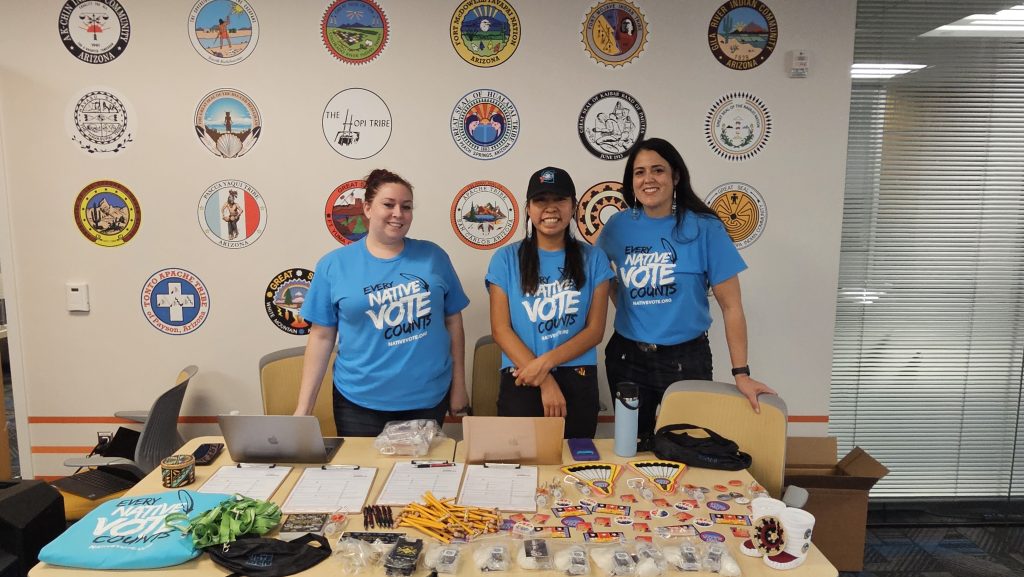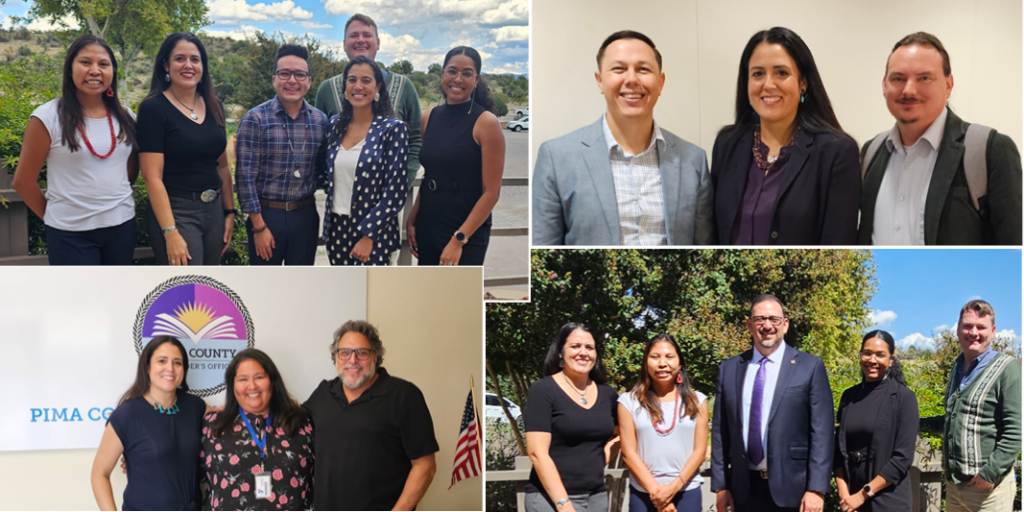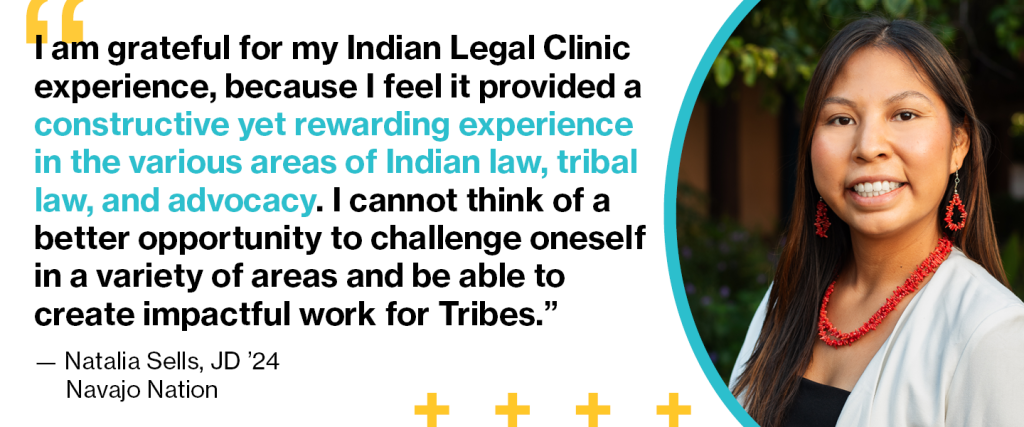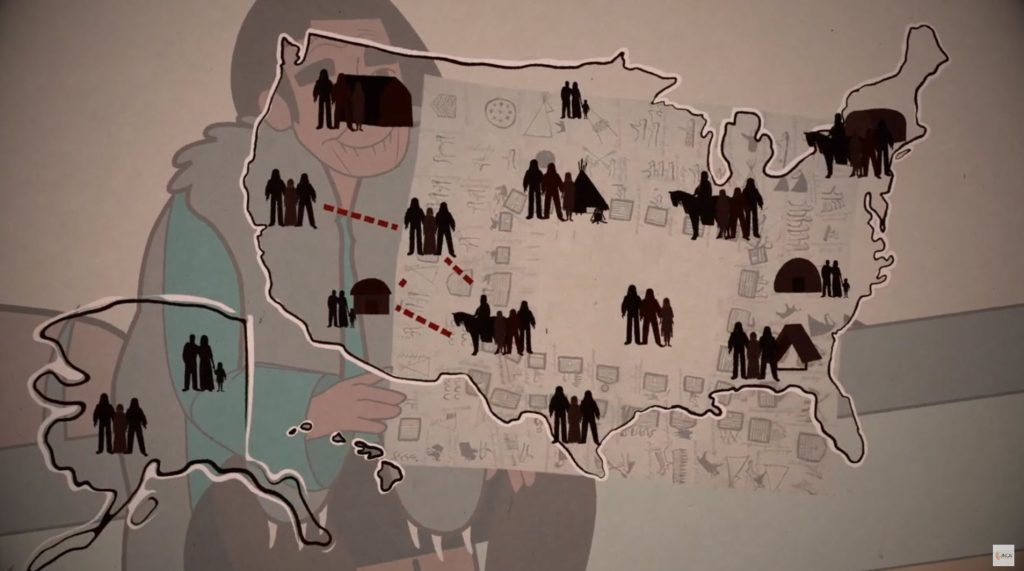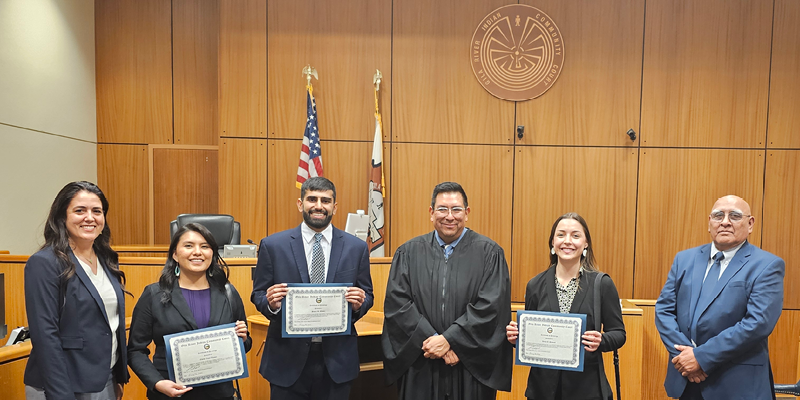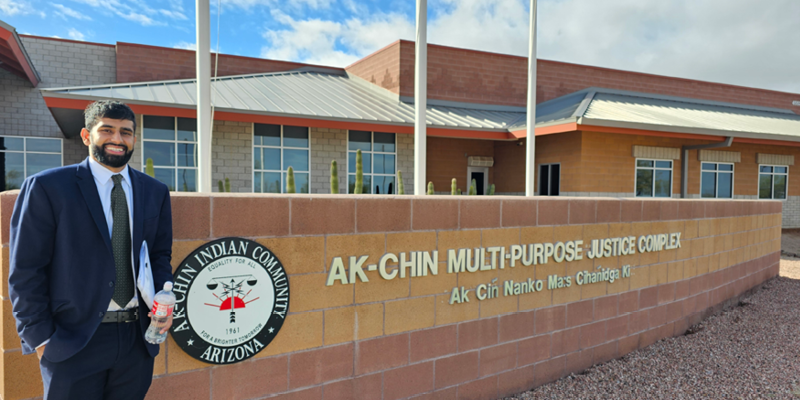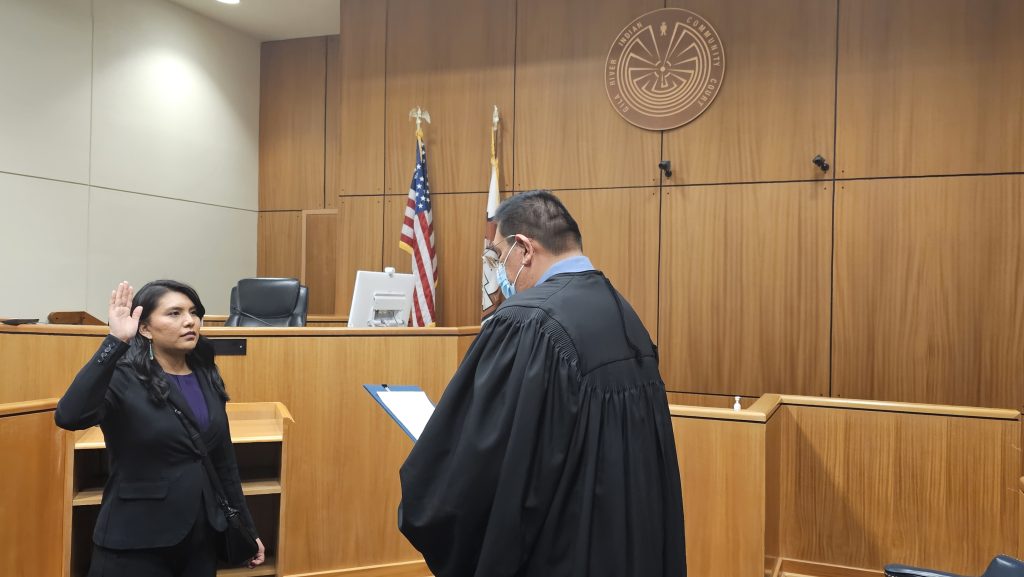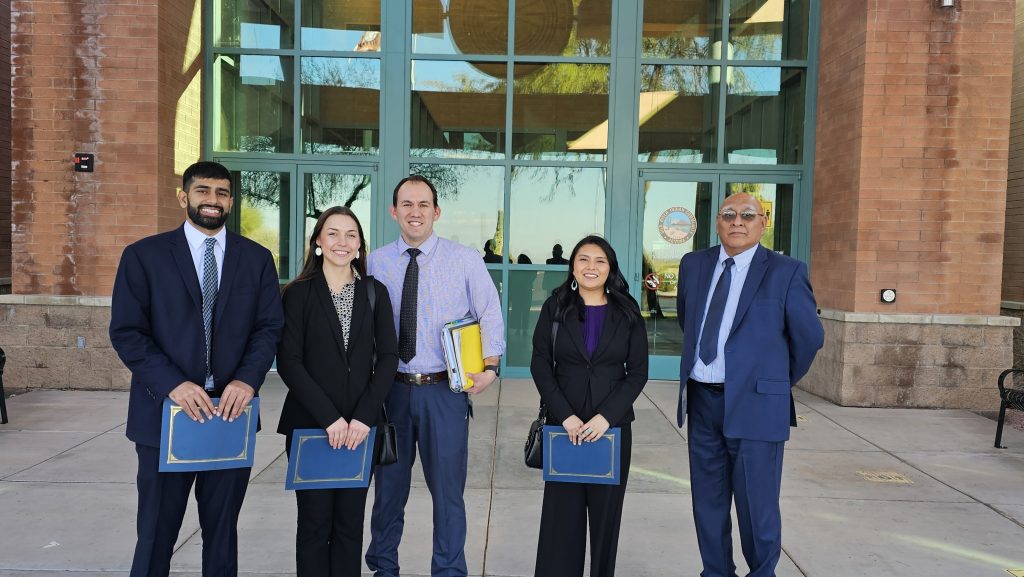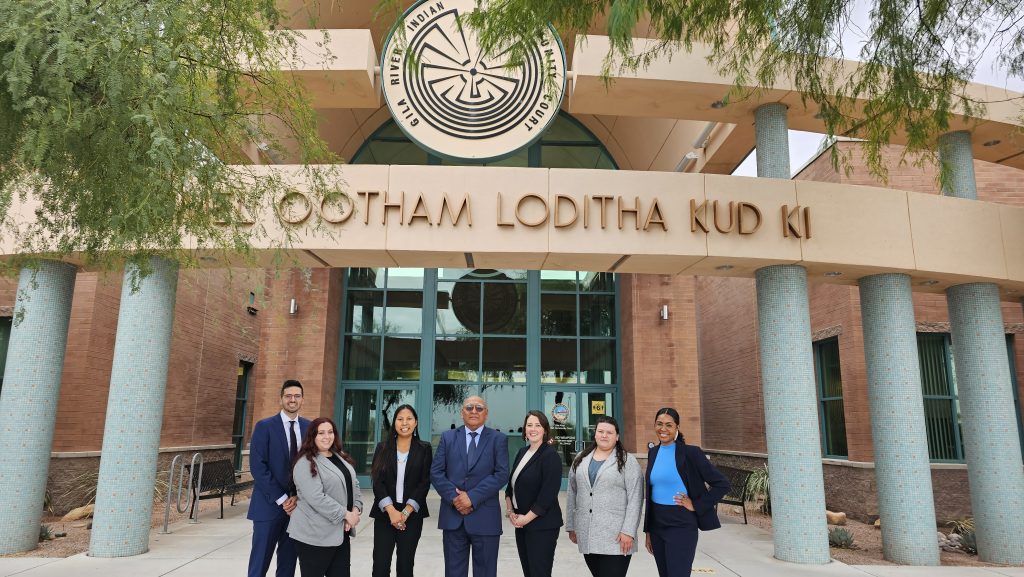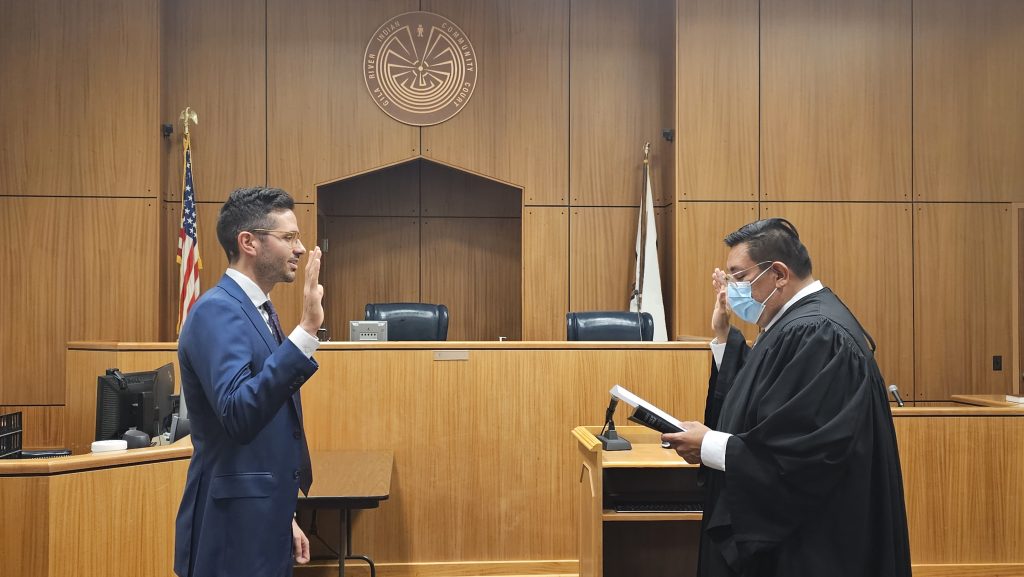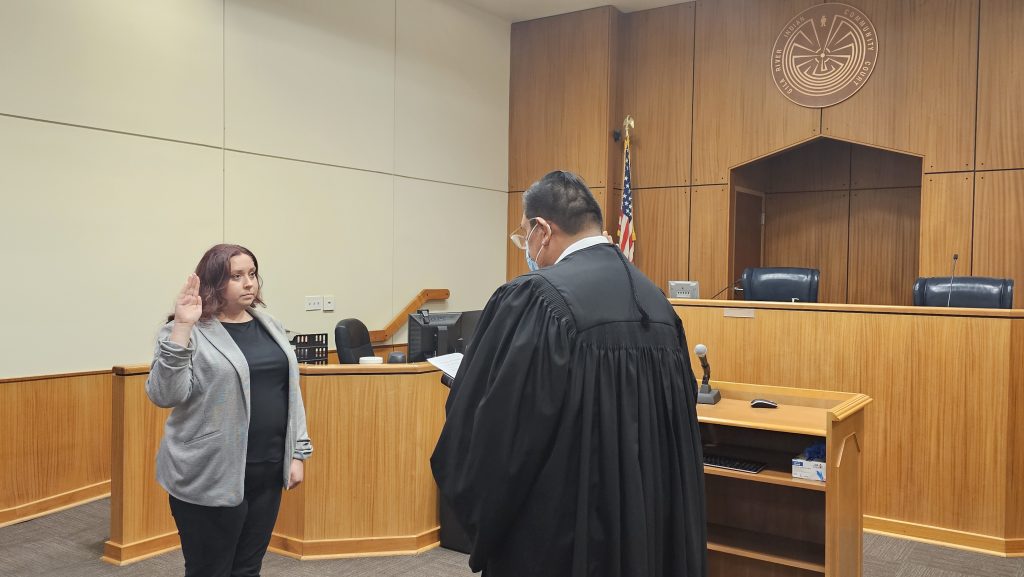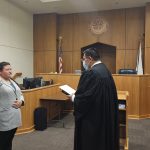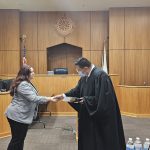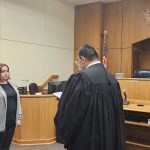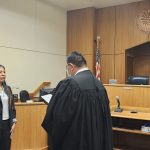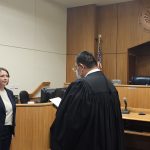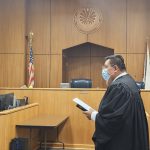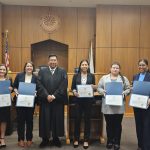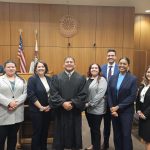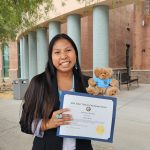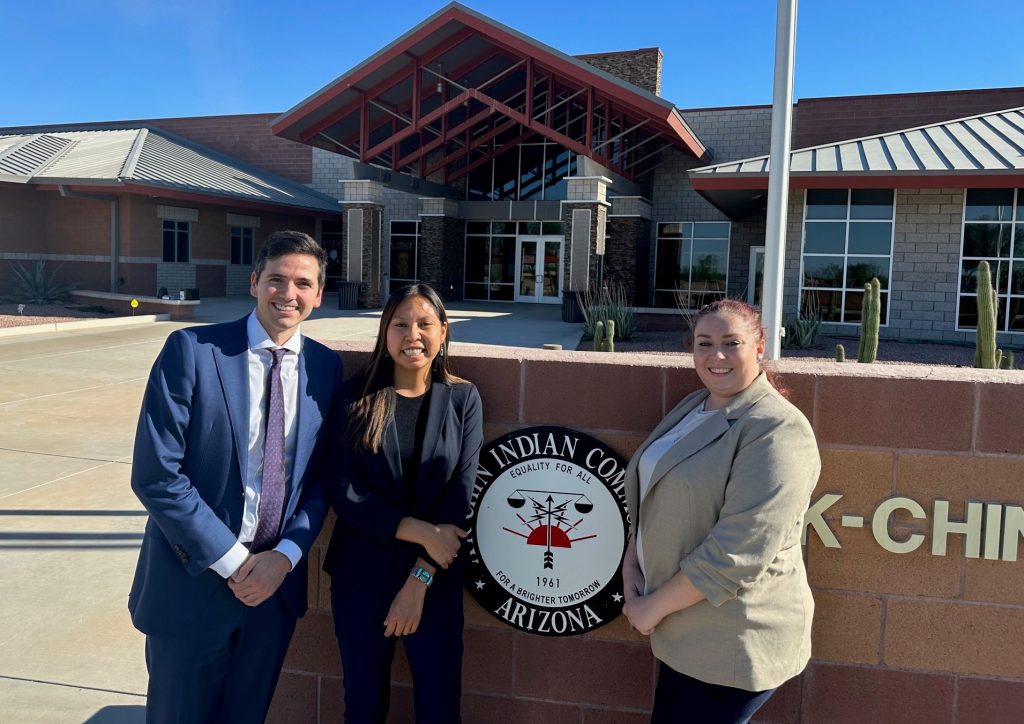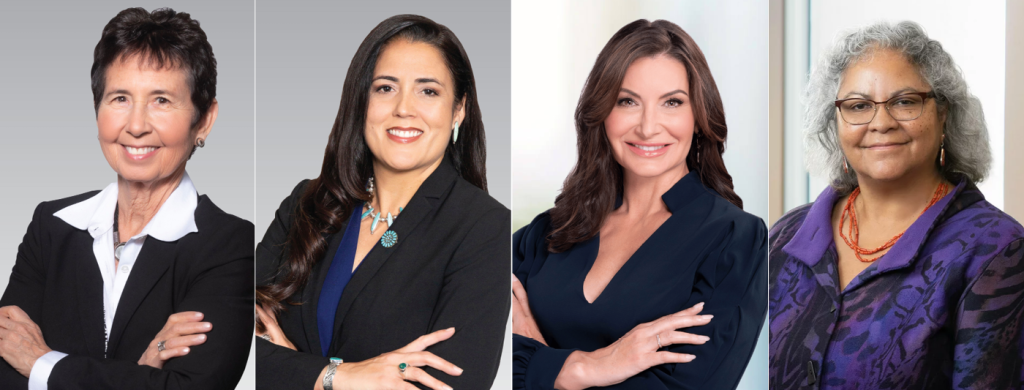During the 2024-2025 academic year, five student attorneys dedicated nearly 1,800 hours to the Indian Legal Clinic (ILC) at ASU Law. Under the leadership of Patty Ferguson-Bohnee, director and Charles M. Brewer professor of trial advocacy at ASU Law, the ILC collectively managed 35 cases spanning Tribal, state and federal law.
Third-year law students Garrett Bryan, Shandiin Herrera, Imani Hicks, Morgan Oakes and Sadie Red Eagle served as student attorneys and represented clients in a wide range of matters. Their work included cases involving voting rights, criminal defense, federal recognition and the restoration of civil rights — such as the right to vote — for disenfranchised individuals.
In addition to casework, ILC students developed practical skills through class simulations designed to build analytical and trial advocacy abilities. These exercises culminated in a full Tribal court civil mock trial, helping prepare students to become effective advocates for their future careers.
As part of ILC’s Arizona Native Vote Election Protection, student attorneys focused on the 2024 election cycle.
In the fall semester, ILC students appeared regularly in Tribal courts. Student attorneys defended clients in Ak-Chin Indian Community Tribal Court. Bryan appeared twice in Traffic Court on behalf of the Gila River Indian Community to prosecute civil traffic violations.
ILC also contributed changes to federal regulations governing the acknowledgment process, which now allows previously denied Tribes a limited opportunity to reapply for federal recognition. The new rule, effective February 14, 2025, follows court decisions that deemed the previous ban on re-petitioning unfair. The ILC submitted comments emphasizing fairness and the importance of recognition for Tribal sovereignty and cultural survival — comments that were cited in the final rule.
ILC submitted background information on the United States to the United Nations Special Rapporteur on the rights of Indigenous Peoples, Dr. Albert K. Barume, for his reports to international organizations. In March, ILC submitted input on the process and challenges of obtaining federal recognition for Special Rapporteur Barume’s report to be presented at the 60th session of the Human Rights Council, in September 2025, where he intends to examine ways and means of overcoming obstacles and promoting best practices related to the recognition by States of Indigenous Peoples. In April, ILC submitted information about the recognition of Indigenous Peoples’ rights to lands, territories and resources in the United States. Per a United Nations Human Rights Council resolution, Special Rapporteur Barume is dedicating his next annual report to the UN General Assembly to the theme “Identification, Documentation, Demarcation, Registration, and Titling of Indigenous Peoples’ Lands: Practices and Lessons Learned”.
